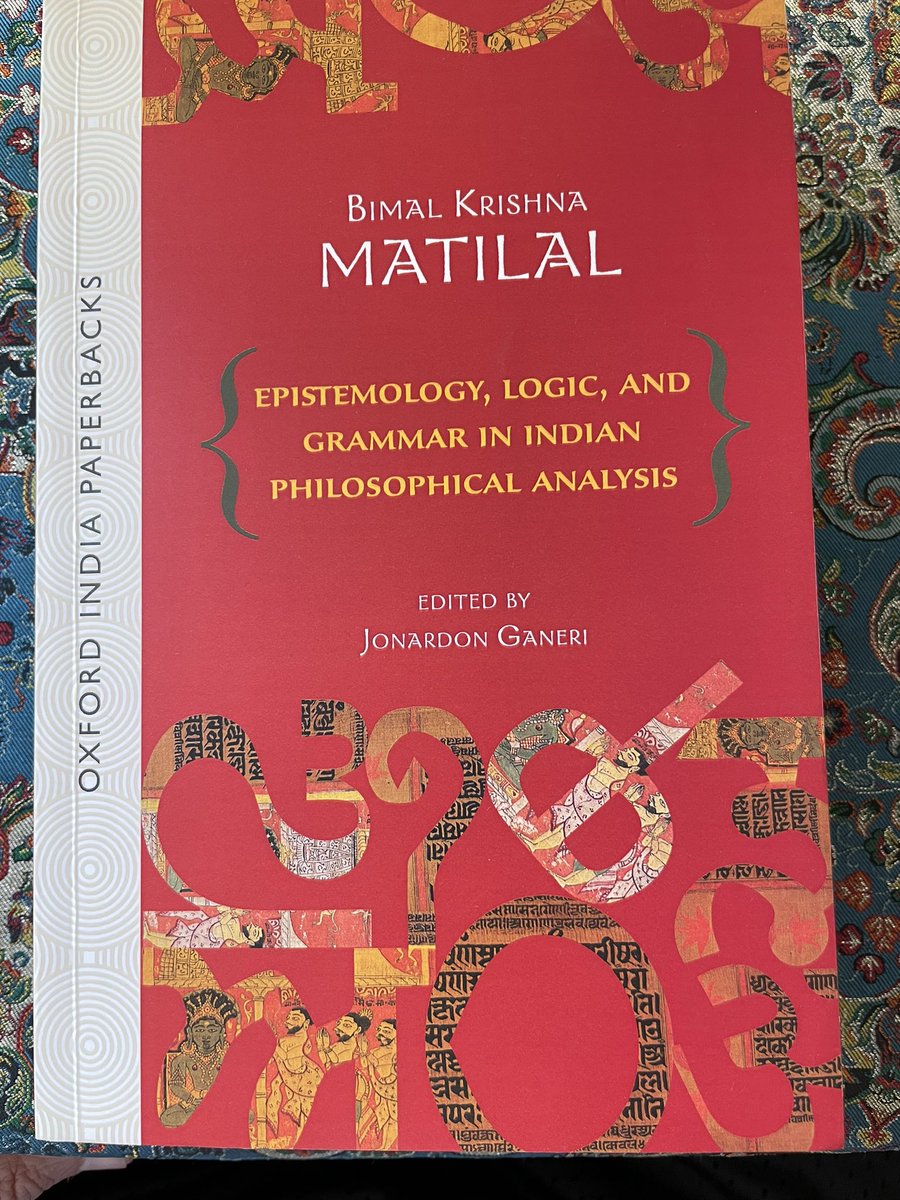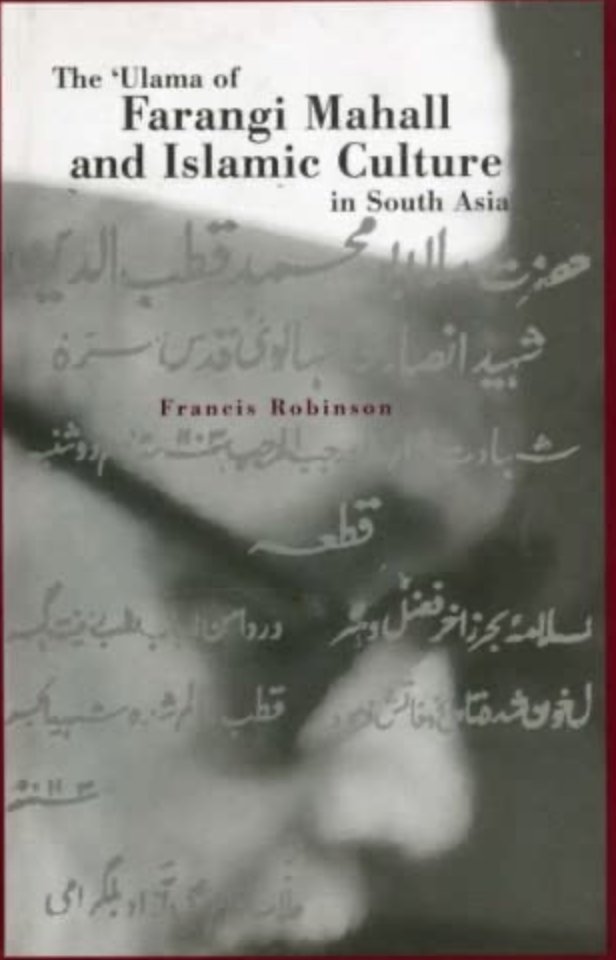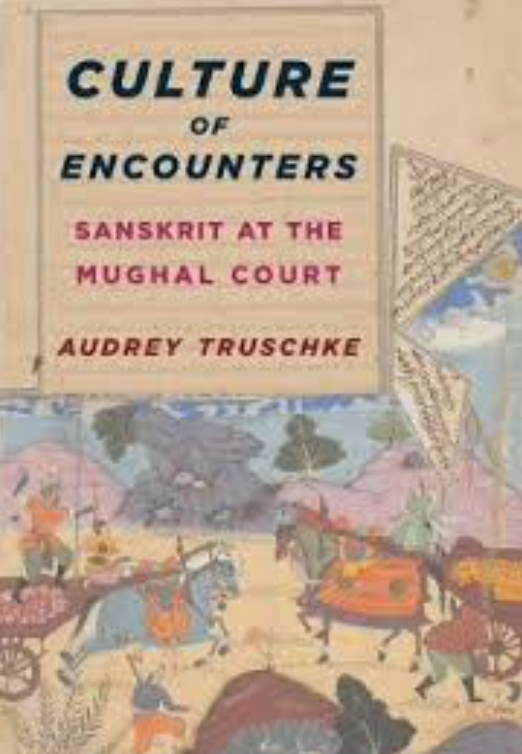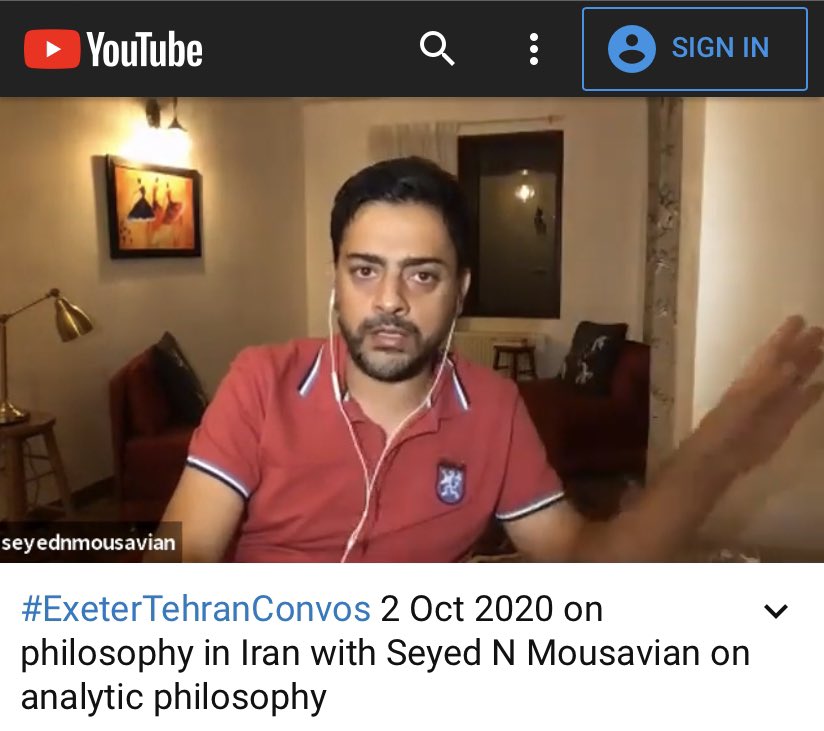
In the late 90s as a grad student I became interested in the utility of #analytic_philosophy as a language and method of presentation and looked to how other traditions used it - a thread on #Indian_philosophy 1/
I began reading the work of Bimal Krishna Matilal (1935-1991), who had studied traditional logic and mastered it as a Tarkatirtha at Sanskrit College in Calcutta by the early 1960s 2/ 

Another major figure in modern Indian philosophy JN Mohanty has this highly useful reminiscence of that time and Matilal’s approach sjsu.edu/people/anand.v… 2a/
He then went to Harvard for his PhD on the #navya_nyaya doctrine of negation; there he became acquainted by Quine (1908-2000) and his work on logic as an abstract continuation of the work of the empirical sciences 3/ 

Most of his works were written as a fellow of #AllSouls and Spalding Professor at #Oxford where he interacted with major figures like Peter Strawson (1919-2006) and Michael Dummett (1925-2011) for who he wrote Perception 4/ 



The work is a study of pramana and a defence of Nyaya-Vaisesika realism against Buddhist idealism and thus an intervention in epistemology, philosophy of language and also to an extent metaphysics 5/ 





It was through his work that I realised Indian philosophy was not primarily about #Vedanta and #mysticism but included #analytic schools such as #Nyaya 6/
Much of his earlier work concerns logic and the study of language such as his introduction to logic that is broadly based on Kneale and Kneale - logic is for him inference patterns, rules of debates and refutation of sophistical argument placed in a historical context 7/ 



Hence much of his work on #Buddhist logic and epistemology 8/ 



Perhaps the first work of his that i read was The Word and the World - perhaps his sense of mortality motivated the desire to establish ‘India’s contribution to the study of language’ 9/ 





As it was it presented the view of philosophers and grammarians on sphota - and I remember an early conversation with the late John Cooper on it that alerted me to the possibility of philosophy of language as a way to read Arabic grammar as well as legal theory 10/
Most of those usul al-fiqh texts had extensive discussions on meaning, the successful nature of utterances, the very nature and function of language where it came for and what it was for 11/
Of course he still wrote on metaphysics, mysticism and ethics - in fact two volumes published posthumously indicated his interests beyond mere refutation 12/ 



Matilal’s work alerts us to the possibilities within the #analytic tradition as well as ways to make sense of a non-western tradition of #philosophy and the ways in which #philology can be deployed for #philosophical analysis 13/
Further while some champions of the #analytic turn in the study of #IslamicPhilosophy can be too narrow in their conception of #philosophy Matilal is a good reminder of #analytic method being used to make sense of #mysticism and #religion as well 14/
I should also add the clarity and precision of his prose is a joy to read 15/
• • •
Missing some Tweet in this thread? You can try to
force a refresh















